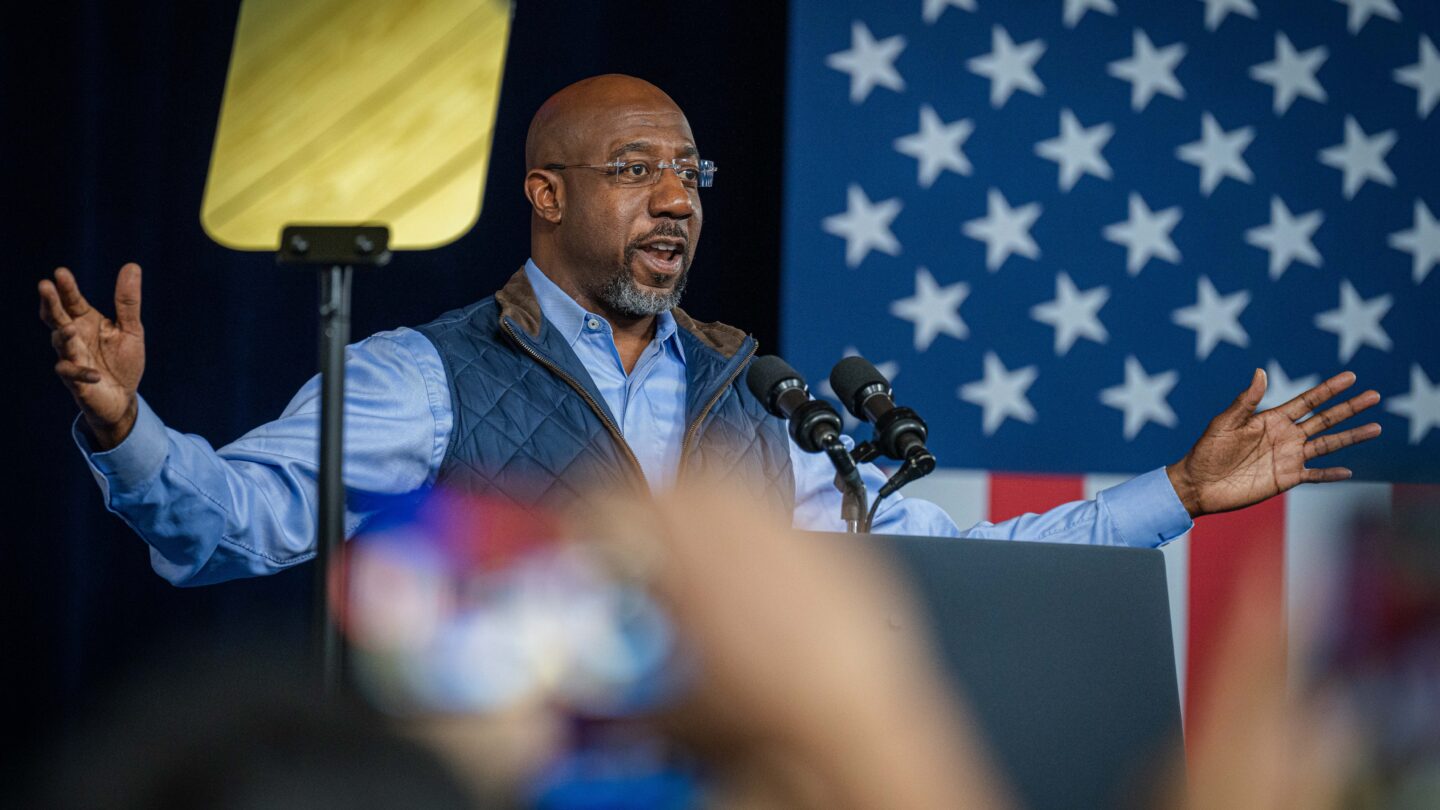

U.S. Senator Raphael Warnock, a Democrat from Georgia, has been appointed to the Senate Committee on Finance for the 119th Congress. This new role allows him to emphasize his commitment to fiscal policies that benefit ordinary people. Warnock plans to advocate for reinstating the expanded Child Tax Credit and addressing healthcare coverage gaps in Georgia [3d8c449f].
In his capacity on the Finance Committee, Warnock has expressed a strong commitment to protecting essential programs such as Social Security, Medicaid, and Medicare from potential cuts. He aims to work collaboratively on bipartisan solutions that support businesses and the middle class, reflecting his broader goals of improving economic stability for Georgia residents [3d8c449f].
This appointment comes at a crucial time as Georgia continues to grapple with healthcare coverage issues. Recently, Warnock introduced a bill called the 'Bridge to Medicaid' Act, which proposes using tax credits to create a new health care option for Georgians in the coverage gap. This initiative is part of ongoing efforts to expand Medicaid access and improve health care coverage in the state [8ca63016].
Additionally, a new commission has been established to explore various options for expanding health care coverage for low-income and uninsured residents. The commission, also led by Warnock, is expected to present its findings to the governor and state lawmakers by December 2024 [8ca63016]. Overall, Warnock's new role on the Finance Committee aligns with his ongoing efforts to enhance healthcare access and economic support for Georgians [3d8c449f].